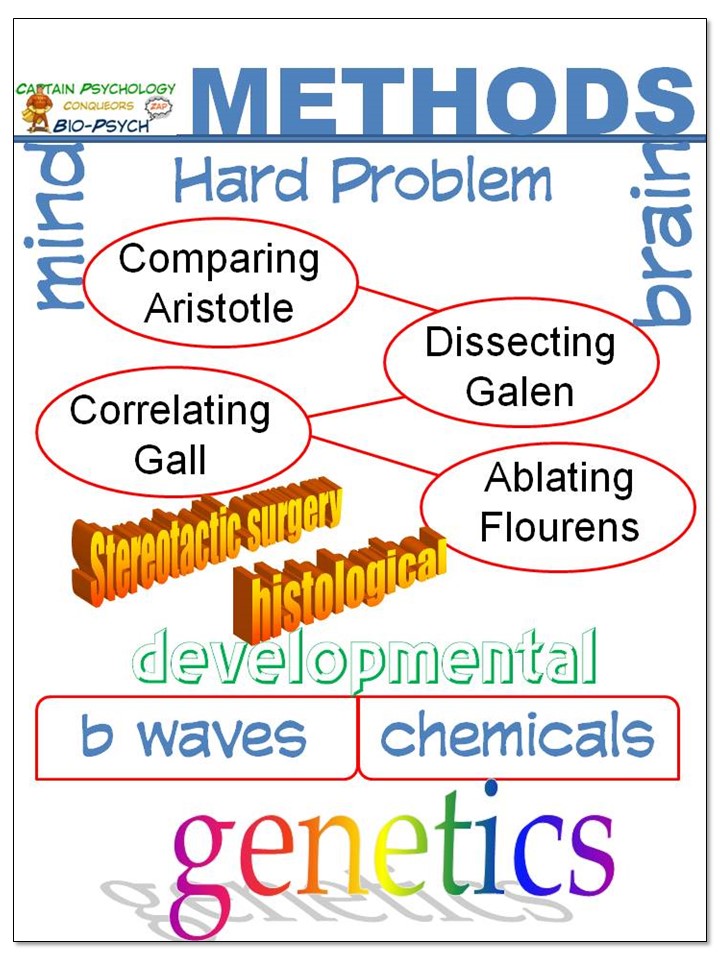How Choosing The Right Research Method Is Like Choosing Your Mate
 Biological Psychology is the study of how not everything is about choice. Choice is good but not all there is to it.
Biological Psychology is the study of how not everything is about choice. Choice is good but not all there is to it.
We choose our mates from an available pool of possibilities. It’s not just choice. Environment has something to do with it. We are not choosing from the entire universe or even the whole world.
Is it possible that biology has something to do with it too?
Research in biological psych is trying to figure out what’s on the inside of a pretty new package, without ripping it open. People won’t volunteer to have their brains yanked out, so you have to use other methods. It’s a challenge but fun.
Learning Objectives
By the end of this lesson, you should be able to:
- Assess your current level of knowledge about biological psychology
- Become comfortable with the online environment
- Review your prior experiences with biology
- Get to know your classmates
Readings
- Welcome
- Read these posts (if there are links:
- Comparative-Evolutionary Psych
- Dissection
- Correlation
- Ablation
- Developmental Studies
- Histology
- Neurochemistry
- Stereotaxic Surgery
- Brain Recording
- Genetics (short version). Extended version is covered in the next lesson)
Videos
Slides
Links
- Deborah Smith’s “Five Principles of Research Ethics” (Links to an external site.) in The Monitor.
- A good resource to know about is Neuroscience For Kids (Links to an external site.).
- Mind-body video:https://youtu.be/XLS6qoT0Ioo (Links to an external site.)
Terms
- 3-D frame
- A can cause B
- ablation
- two BIG questions
Notes
- What’s in a name?
- Behavioral Neuroscience
- Physiological psych
- Biological psych
- Psychobiology
- Behavior people of neuroscience
- The brain people of psychology
- Study of behavior & experience
- How produced physically
- Where did it come from
- How develops
- Combine biology & psychology
- Neuroscience but with
- Less chemistry
- Less anatomy
Quiz
- 1. Who is the founder of phrenology?
- a. Aristotle
- b. Flourens
- c. Galen
- d. Gall
- 2. When you’re comparing skull sizes across species, which is a good dependent variable:
- a. musket balls
- b. skull size
- c. laughter
- d. height
- 3. In a correlation:
- a. A can cause B
- b. B can cause A
- c. C can cause A and B
- d. All of the above
- 4. Which studies the same people over time?
- a. cross-sectional studies
- b. contralateral studies
- c. longitudinal studies
- d. ablation
- 5. In Klinefelter’s Syndrome (XXY), symptoms include:
- a. mental retardation
- b. short stature
- c. ribosomal mutation
- d. none of the above
For the answers: Click Here
Discussion Question
- What do people believe today that’s like phrenology?
Cluster

